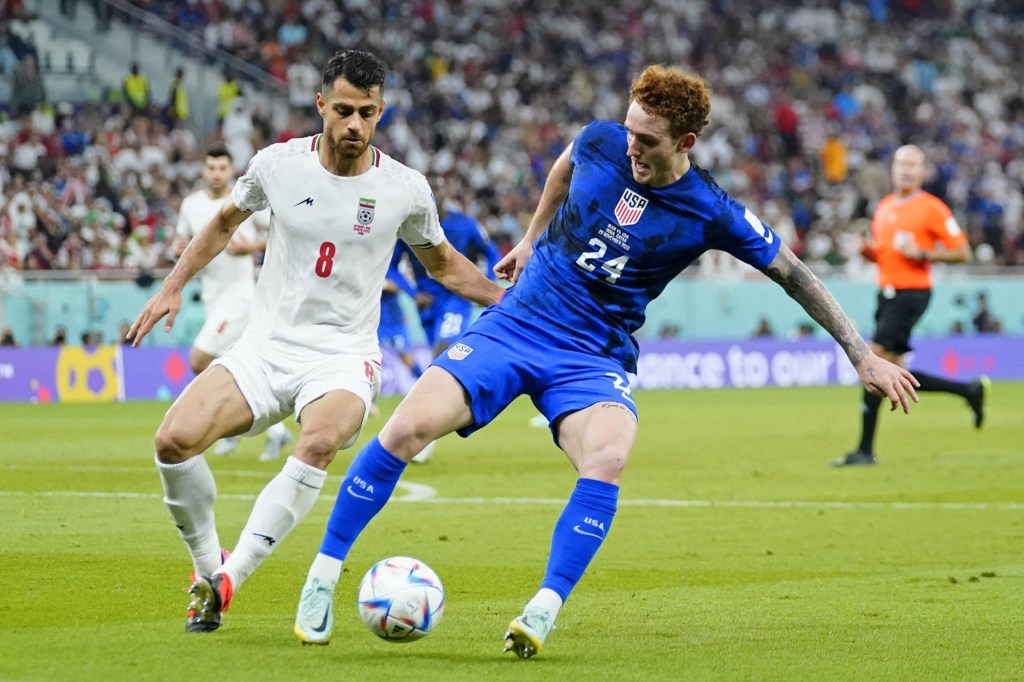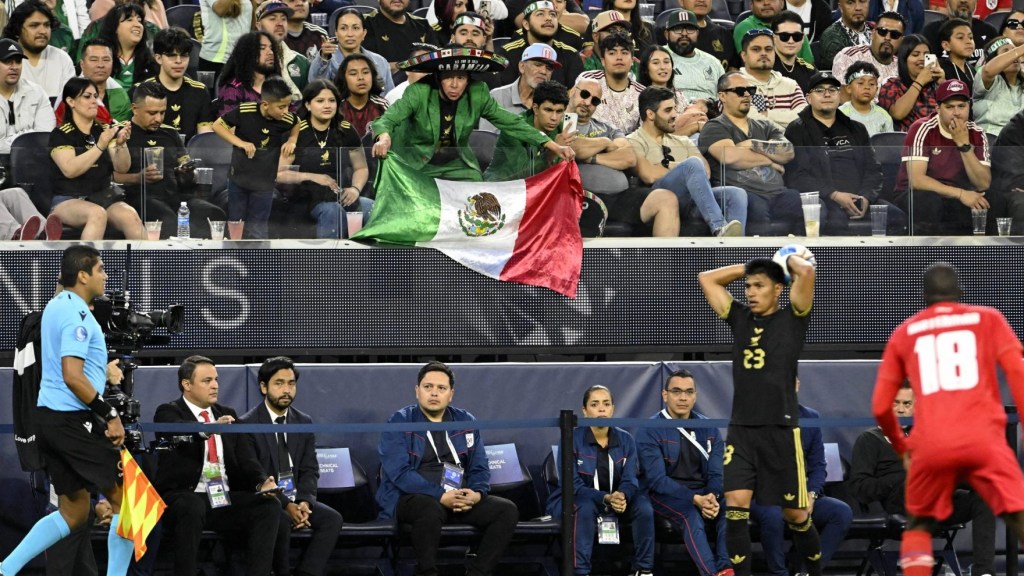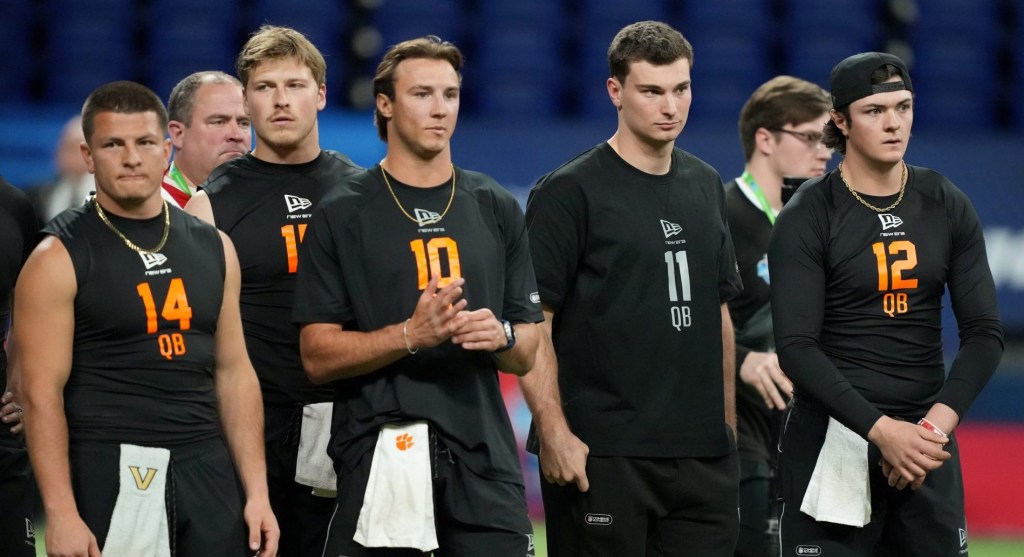A new, uncertain, and financially driven era for European soccer is set to begin as a court ruled that the European Super League can proceed—and that FIFA and UEFA restrictions against it were “unlawful.”
The European Court of Justice, the continent’s top court, said that the governing bodies’ efforts to expel ESL clubs and participating players from their own competitions represented an illegal monopoly under European competition law.
“FIFA and UEFA are abusing a dominant position,” the court said.
The ruling marks the most dramatic step in what has been an unlikely comeback for a project previously thought to be dead. The original ESL proposal faded in 2021 in the face of heated public criticism across Europe. But La Liga rivals FC Barcelona and Real Madrid have quietly spent more than two years in an extended legal effort to revive it, successfully arguing that FIFA and UEFA engaged in anticompetitive behavior.
“We’ve won the right to compete,” said Bernd Reichart, CEO of A22 Sports Management, a company formed to aid the development of the ESL and a co-claimant in the case. “UEFA’s monopoly is over. Football is free. Now, the clubs won’t suffer threats and punishments. They’re free to decide their own future.”
A New Competition Structure
Just hours after the court ruling, the ESL unveiled plans for a three-league, 64-team men’s competition and a two-league, 32-club women’s competition. Those structures are aimed at replacing the UEFA Champions League and would include promotion and relegation between those leagues, with initial access based on domestic league performance.
But several top European clubs, including Manchester United and Bayern Munich, as well as the European Club Association and various supporters’ groups, quickly issued statements in support of UEFA and the Champions League and dismissing the new ESL.
“This does not change FC Bayern’s and the ECA’s position that such a competition would be an attack on the importance of national leagues and the structure of European football,” said Jan Christian Dreesen, Bayern Munich CEO and vice chair of the European Club Association. “We are committed to the European club competitions under the umbrella of UEFA.”
The question now is whether the potential riches of the ESL will ultimately prove too good to ignore. Barca and Real Madrid are set to receive more than $1 billion each from a revived ESL, and A22 is already touting the prospect of income guarantees during the first three years of competition, though other crucial details have yet to be disclosed.
“It is a project that will bring financial sustainability for all clubs, and first and foremost, one which will protect the players and excite fans across the globe,” said Real Madrid president Florentino Pérez. “We are at the dawn of a new era.”


![[Subscription Customers Only] Jun 15, 2025; Seattle, Washington, USA; Botafogo owner John Textor inside the stadium before the match during a group stage match of the 2025 FIFA Club World Cup at Lumen Field.](https://frontofficesports.com/wp-content/uploads/2026/02/USATSI_26465842_168416386_lowres-scaled.jpg?quality=100&w=1024)



![[Subscription Customers Only] Jul 13, 2025; East Rutherford, New Jersey, USA; Chelsea FC midfielder Cole Palmer (10) celebrates winning the final of the 2025 FIFA Club World Cup at MetLife Stadium](https://frontofficesports.com/wp-content/uploads/2026/02/USATSI_26636703-scaled-e1770932227605.jpg?quality=100&w=1024)




![[US, Mexico & Canada customers only] Sep 28, 2025; Bethpage, New York, USA; Team USA's Bryson DeChambeau reacts after hitting his approach on the 15th hole during the singles on the final day of competition for the Ryder Cup at Bethpage Black.](https://frontofficesports.com/wp-content/uploads/2026/03/USATSI_27197957_168416386_lowres-scaled.jpg?quality=100&w=1024)





